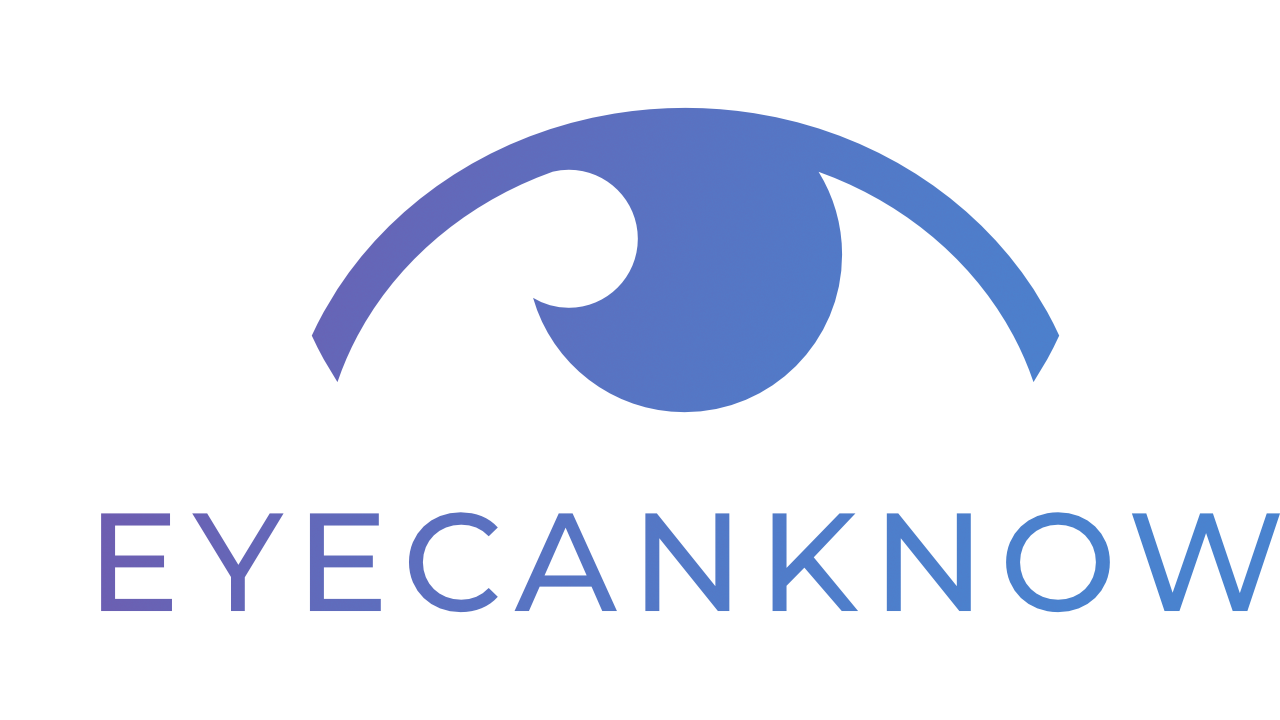FAQ & Technical Support
Answers to your most common questions.
About My Results
-
Why did I fail my test when I don't think I should have?
A small percentage of people will physically not respond to eye tracking tests. Another group of people might fail for one of the following reasons.
The test taker:
1) has committed a similar, but different behavior than the one being tested for;
2) has been a victim of similar behaviors from others;
3) is covering for a serious crime or behavior of another person;
4) is worried or distracted by another serious behavior or crime they've committed; or
5) misunderstands the test questions.
-
I shouldn't have failed my test; what do I do now?
If you feel that you failed the test but you are innocent, there are several options.
1) evaluate the conditions under which you took the test. If the lighting was bad, the noise levels high, or the stress high, it might have been the environment. The single biggest reason for bad tests are bad test environments.
2) Evaluate carefully the questions you are asking. Is it possible you could construe any of them, even subconsciously, as being guilty?
3) You may simply be one of the small % of people for whom the test does not work. Some people's eyes simply do not respond to cognitive load.
-
What is a false negative?
A false negative test is when a test taker who is actually guilty passes the test.
You might get a false negative for a number of reasons, including: 1) Lack of jeopardy, or negative consequences or 2) Comparison questions that you have personal experience with.
-
What is a false positive?
A false positive test is when a test taker who is actually innocent fails the test.
You might get a false positive for a number of reasons, including:
1) Not understanding or following the test directions,
2) Being a prior victim of any question topic, or
3) Taking multiple tests within a day.
-
What factors determines accuracy?
To achieve the best accuracy, make sure your are in a well lit, quiet location, with no sources of light behind you in the frame.
Find a comfortable position and prop up your arm holding the phone, and follow the spoken instructions given by the app to ensure your eyes are visible.
-
What does it mean to have “Indeterminate eye data?”
This indicates that the quality of the images is insufficient to score the test. Look at the pictures to make sure you have good lighting conditions and that the camera angle is perpendicular to your eyes.
-
What are "unanswered questions?"
Unanswered questions are simply those the test taker did not answer.
-
What are "unrecognized answers?"
Unrecognized Answers are those the test did not recognize. A large number of unrecognized answers flags the tests as invalid.
-
What are "unexpected answers?"
Unexpected answers are opposite of what we expect, which is that the test taker is innocent. If the test taker answered opposite of what we expected, we categorize that answer as a confession. If this happens frequently we flag the test as Not Credible due to Probable Confession.
-
What is meant by "data quality"?
Data Quality refers to the fidelity of the test data. When a test is administered, audiovisual data are uploaded and securely processed.
The better quality of this data will lead to higher accuracy and faster test scoring.
Data Quality will vary depending on the test taker's device, proximity to the mobile phone, mobile connectivity, and compliance with instructions.
-
What is meant by "actual score percentage?"
An EyeCanKnow Credibility Score was calculated by patented computer algorithms, which considered various eye responses and reading behaviors to generate the score.
EyeCanKnow credibility scores range between 0% and 100%. A score above 50%-99% indicates a credible reaction or the subject reacted truthfully.
The closer the score is to 99, the lesser the reaction to the issue. A score between 1%-49% indicates the subject reacted deceptively or lied to the question. The closer the score is to 1, the stronger the reaction to the issue.
-
Standard Test Refund Policy
EyeCanKnow may issue a refund at our discretion if such refund is requested within 2 business days from the purchase date of the test. No refunds will be given after that time.
The refund amount will be equal to the net amount of the total purchase price less any bank card or financial transaction fees. All refunds will be made within 2 business days.
-
TruthQuest™ Test Refund Policy
Because TruthQuest tests are time intensive to create, EyeCanKnow offers no refunds for these tests at any time for any reason.
About the Technology
-
How does the lie detection test work?
EyeCanKnow uses a mobile device to present a series of standardized questions while the device camera measures and records pupil dilation and other eye behaviors. The mobile device tracks the examinee's response times, error rates, and time outs (non-responses) to determine the Credibility Score of the examinee.
An EyeCanKnow Credibility Score was calculated by patented computer algorithms, which considered various eye responses and reading behaviors to generate the score. EyeCanKnow credibility scores range between 0% and 100%. A score above 50% indicates the subject reacted truthfully. A score below 50% indicates the subject reacted deceptively. Test results are typically about 80% accurate. Bad test data or other factors can lead to lower accuracy.
-
How do you take the test?
EyeCanKnow's tests are taken on an Android or IOS mobile phone. The test taker holds the phone with the back camera even with the eyes. The test asks verbal questions and the test taker gives verbal answers while the phone camera captures key bio metric and psychometric data.
-
How accurate is the lie detection test?
Polygraphs have been shown typical accuracy from 65-75%, but depends a great deal on the skill of the test administrator.
In a controlled environment, EyeCanKnow's technology is 90%+ accurate. When used in a mobile phone, the technology is 80%+ accurate.
-
What is the best lie detection technology?
No lie detection test is 100% accurate however EyeCanKnow is built on technology that uses ocular motor recognition and analysis- and is recognized by leading experts in digital lie detection as the gold standard.
-
Can I take the lie detection test on my smartphone?
This is the only way you can take an EyeCanKnow test, which takes about 15 minutes to take and 15 minutes to score.
-
What types of things can I ask?
EyeCanKnow can test for anything related to past actions, behaviors, and events. They are NOT knowledge-based tests. Actions or behaviors should be concrete and easily defined. Tests should focus on actions or behaviors of most concern.
EyeCanKnow offers 6 pre-built test templates including: Fidelity, Drugs, Alcohol, Pornography, Gambling, and Theft which can be can be easily modified ro meet your needs.
For a more robust and personalized test, we recommend TruthQuest™- a fully customized test with up to three questions unique to your situation.
For more information about creating your own TruthQuest™ click the button below!
-
How quickly will I get my results?
You can expect to receive results within 30 minutes of test completion. Results will be delivered to the secure dashboard in your user account.
-
Is my data secure?
Yes, your data is secure. EyeCanKnow does not use Customer Data for purposes other than those set forth in the Terms and Conditions which is available at: https://eyecanknow.com/privacy
-
Do you offer support?
Our premium report comes with unlimited email support with a test expert.
If at any point you have question however, please email us at: answers@eyecanknow.com
-
Where can I find information about EyeCanKnow’s peer reviewed science?
A summary of the peer reviewed articles supporting the science behind EyeCanKnow can be found here: https://converus.com/wp-content/uploads/2021/07/EyeDetect-Research-Summary.pdf



